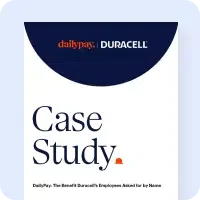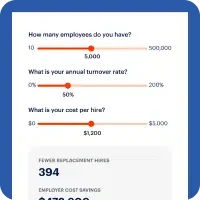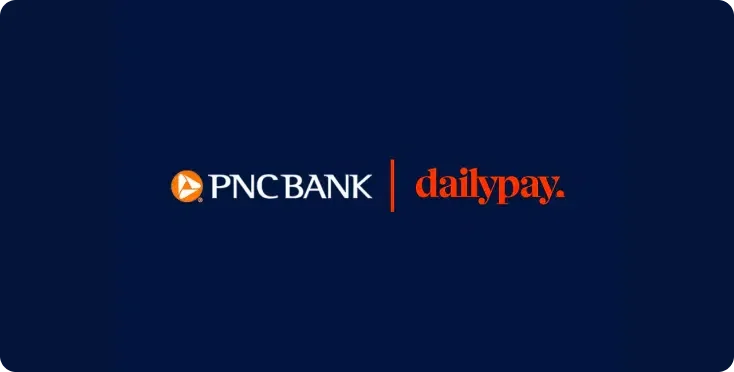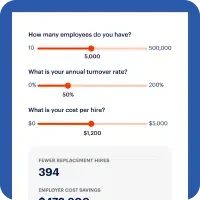It’s no secret that the prices for consumer goods have greatly increased over the past few years and Americans are footing the bill. Government agencies have been doing everything possible to combat the issue, and although nobody expects prices to decrease, one thing those agencies can do is fight inflation.
Among the arsenal of tools available, adjusting interest rates stands out as a potent weapon in this battle. When central banks raise interest rates, borrowing becomes more expensive, leading to reduced spending and investment. This, in turn, can help cool down demand and alleviate inflationary pressures by curbing excessive consumption and investment, thereby restoring stability to prices over time. Thus, manipulating interest rates serves as a proactive strategy to mitigate inflation’s adverse effects on the economy and safeguard the purchasing power of consumers.
Since July of 2023, interest rates have sat between 5.25% and 5.50% and that’s the highest they’ve been since 2001.
Today, every loan is technically a high-interest loan because of the interest rates, but emergency and payday loans are especially high. As per the most recent CFPB data available, as many as 12 million Americans are estimated to take out a payday loan each year, spending $9 billion on loan fees.
The increase in interest rates not only affects inflation but also has a direct impact on various aspects of the economy, including mortgage rates. When central banks raise interest rates, mortgage rates tend to follow suit, making it more expensive for individuals to borrow money for home purchases or refinancing existing mortgages. Consequently, this can make homeownership less affordable for the average American worker, potentially dampening housing market activity and impacting overall economic growth.
Moreover, higher interest rates can also increase the cost of borrowing for businesses, which may lead to reduced investment and hiring, further affecting the livelihoods of workers. Additionally, increased borrowing costs can strain household budgets, as credit card interest rates and other forms of consumer borrowing become more expensive. This combination of factors can collectively contribute to making the lives of average American workers more challenging, as they grapple with higher costs of living and reduced purchasing power. That’s why more and more employees are looking to their employers to help them during difficult and uncertain economic times.
One of those tools that employees are looking for is earned wage access (EWA), a financial wellness benefit that allows employees to track, access or save their earned pay on their own schedule instead of waiting for payday. According to an ADP study, 76% of workers across all age groups say it is important for their employer to offer EWA.1
Unlike traditional payday loans or other high-interest borrowing options, EWA does not involve interest charges. Employees can access their earned wages without worrying about accruing additional costs. This allows them to achieve greater control over their finances and better budget their lives.
It’s also better than a traditional paycheck advance that some employers offer. When employees have access to their earned pay, employers don’t have to worry about legal requirements or additional work for payroll teams.
Earned wages that are accessed early are automatically deducted from their upcoming paychecks, and payroll teams don’t have to do any extra work. According to a recent Hanover study, 49% of companies indicated that the earned wage access solution lessens the payroll team’s workload.2
Earned wage access also encourages responsible spending habits by providing access to earned wages rather than encouraging reliance on credit or loans for everyday expenses. This can help employees avoid accumulating high-interest debt and improve their long-term financial stability. It helps employees better track their earnings and budget their finances, and ultimately aligns with the technology trends that employees today expect. Many employees prefer EWA over traditional payday loans due to convenience, transparency and lack of associated costs, plus they can control everything directly from their phone.
Other than the technical advantages of offering earned wage access in times of high inflation, prices and interest rates, it improves employee wellbeing and results in better business outcomes for companies.
When employers contribute to their employees’ financial wellness and reduce stress related to financial uncertainty, it can lead to increased job satisfaction, productivity and retention. According to the same ADP study, 93% of employers who offer EWA say it helps them retain talent.3
Offering EWA as a benefit is a strategic decision that not only benefits employees but also supports the overall well-being and productivity of the workforce. By providing immediate access to earned wages without the burdensome fees and high-interest rates associated with traditional payday loans, employers can demonstrate their commitment to promoting financial wellness and stability among their employees. Ultimately, by prioritizing the financial health of their workforce through EWA, employers can create a positive and supportive work environment that enhances employee satisfaction, retention and overall organizational success.
1 ADP Earned Wage Access Market Research Study, March 2022 :DailyPay, 2020
2 Hanover Research Study: Companies with EWA Solutions, September 2023:DailyPay, 2020
3 ADP Earned Wage Access Market Research Study (note: for employers with 1,000+ employees), March 2022 :DailyPay, 2020













